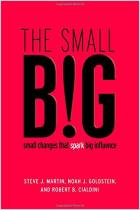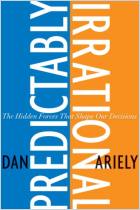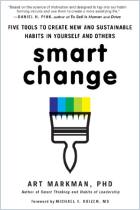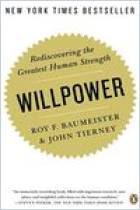Have you been making the same resolutions over and over – about losing weight or stopping smoking – without success? If so, a “commitment contract” can help. In his entertaining new book, lawyer, economist and author Ian Ayres shows how pledging yourself to a reward (a “carrot”) or a punishment (a “stick”) can be a forceful motivator. Ayres describes commitment contracts in a conversational, anecdotal style. getAstract recommends this book to anyone interested in human behavior. It can help you reach that elusive personal or professional goal – if you’re ready to put your money where your mouth is.
Eyes on the Prize
Why do so many people fail to reach their goals? They vow to quit smoking but give in to their cravings. They can’t get organized at their jobs when they know they’d perform better if they did. The answer lies in human behavior. Typically, humans want to fulfill their needs without delay. They would rather have a smaller reward now than wait for a larger reward later. This attitude is called “hyperbolic discounting.” In the terms of behavioral economics, “the value today of some future gift should lose a fixed proportion of its value for every unit of delay.”
Hyperbolic discounting can help explain why you might decide on a goal and then not be able to reach it. As temptations or options present themselves, your resistance breaks down. Your mind is “sophisticated” enough to understand that you’ll regret relenting, but you – and everybody else on the planet – prefer immediate relief to the promise of later success.
You feel bad when you cave. Worse yet, you are aware that you will feel bad once you succumb. You know you should wait and deny yourself because you’ll feel like a failure if you give in to the impatient side of your personality. Because...




















Comment on this summary